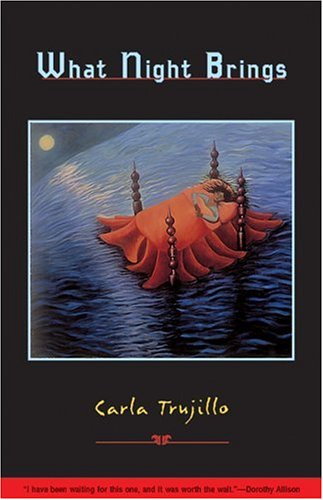Hey, my name is George O’Connor, and I’m making a blog tour of the greatest book blogs in the universe to promote my newest book Aphrodite: Goddess of Love, the sixth
volume of my ongoing series Olympians,
which retells classic Greek myth in graphic novel form. The good folks at
What's Good in the Library have forwarded me five interview questions from
Belmont library patron Daniel, 15. As
any writer will tell you, there is nothing more intimidating than a big blank
page, except for maybe an armored grizzly bear with a grumpy disposition.
That’s pretty intimidating, yo.
Daniel: What gave you the idea or made you interested in
re-telling the stories of the Olympians?
George: This is a two part question, or rather a two part
answer. I was first introduced to Greek mythology when I was in the fourth
grade. It made a huge impression on my young mind, as I was suddenly allowed to
draw musclemen fighting monsters in school, which is pretty much what I wanted
to do anyway and at least now I wouldn’t get yelled at for doing it. From that
point on I was obsessed with drawing the gods and monsters of mythology, and
did so for years and years. That’s what made me want to retell the stories of the Olympians. As for what gave me
the idea to actually retell the stories of the Olympians, my editor Neal
Porter referred to a mutual acquaintance
of ours as slobbering like Cerberus the three-headed dog of Hades. I said,
something equally geeky back to him about a Cyclops or something and he fixed
me with a steely gaze and pulled a book off of his shelf and said “,what if you
do a graphic novel retelling the Greek myths, about this big?” In retrospect,
it was the sort of thing I should have come up with by myself, but I needed
that kernel of inspiration. I went home, wrote Zeus and came back with it and
plans for eleven more.
Daniel: Which of the Olympians is your favorite and why?
George: Another two part answer. Hermes is my favorite god,
and has been since I was a little kid. I’ve always liked fast characters, like
the Flash or Quicksilver from the Avengers, and I always liked the trickster
characters who are the smartest guys in the room but always play it for laughs.
Hermes was both of those in one. My favorite goddess is Hera, which surprises a
lot of people who think of her as a bad guy, but I think that’s such a narrow
viewing of her character. Yeah, she persecutes a lot of Zeus’s girlfriends and
illegitimate children, but that’s because Zeus is the worst husband in the
universe. In my studies I uncovered how she was such a remarkably important
divinity to the ancient Greeks that it bums me out how much of that gets lost
in modern retellings.
Daniel: Do you believe that all gods and goddesses are equal,
or are some of more importance than others?
George: There’s a definite hierarchy at play in the Olympian
order. The idea of a big three encompassing Zeus, Hades and Poseidon has been
popularized by Rick Riordan’s Percy
Jackson books, but I think you need to add the other three children of
Kronos, Hera, Demeter and Hestia to that upper echelon as well (even though
Demeter and Hestia tend to be the ‘forgotten’ Olympians). The second
generation, like Ares, Apollo, Hermes, and the rest tend to comprise the second
tier of Olympians, though sometimes some second generation gods like Athena
seem to be jostling for a position at the top. I would also place Aphrodite,
the only Olympian not directly related to Zeus, who essentially married into
this family of super-powered lunatics, as a top tier diety. With her control of
the powers of love, in her own way, she is the most powerful god on Olympus.
Daniel: Did you always love to write books or was it
something you grew to like?
George: I always have loved, and continue to love, to write,
but I will say writing is much harder for me than drawing. Writing has given me a lot more headaches and
misery, but I also get more satisfaction
out of a piece of writing that turned out well than anything else I can do.
Daniel: What other books are you planning in publishing? A
book on more Olympians? Or on different subjects, like urban, fantasy and
biographies?
George: Hopefully, if all goes well, there will be six more
books on Olympians. I just turned in the seventh book, Ares: God of War, and that will be followed up by Apollo. I have some picture books,
another love of mine coming out from Candlewick Press. My first one, If I Had a Raptor, drops in May.
Finally, since writing is so rewarding (yet difficult! So difficult!) I want to
write a young reader novel—something that stands more or less entirely on the
merit of my words. I’m working on a couple of comedic adventure ideas along
those lines, but it’s too early to announce anything else about them.
Thank you, George, thank you Daniel! --Jessica Fenster-Sparber






